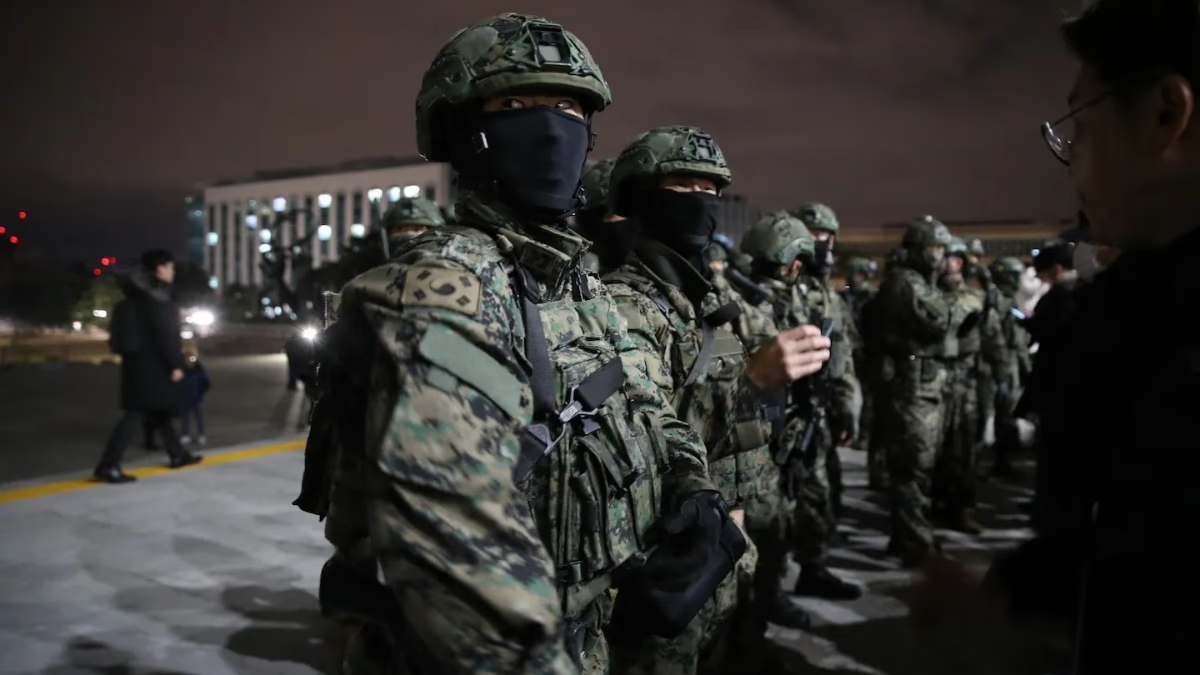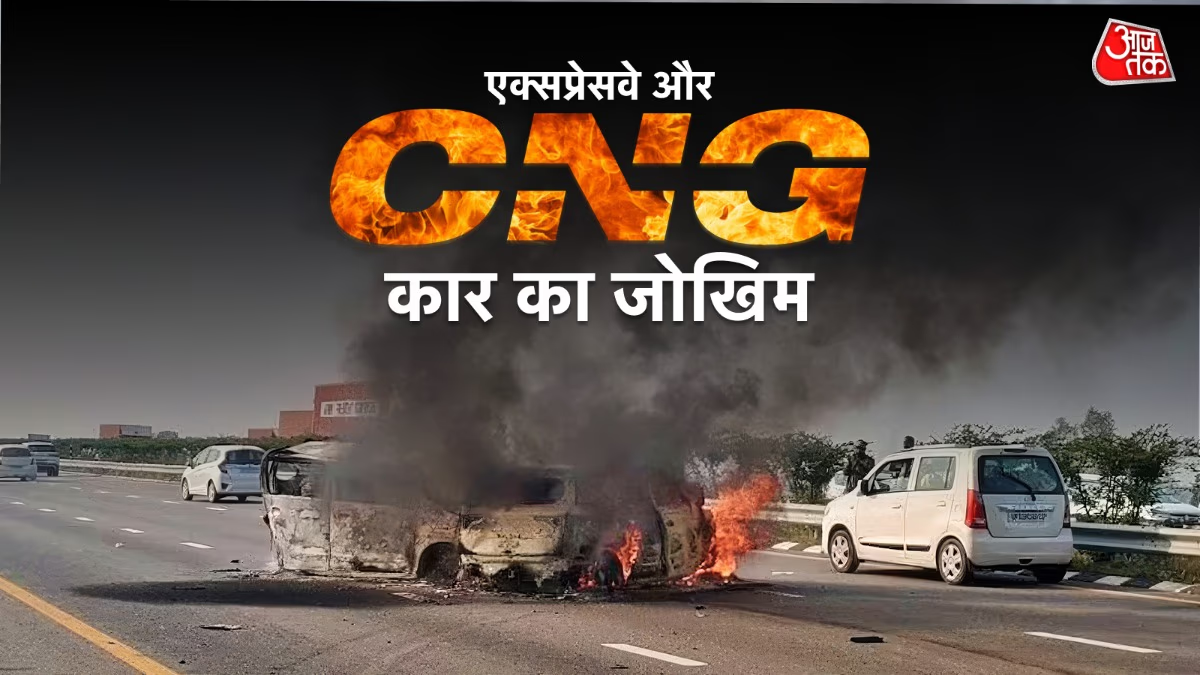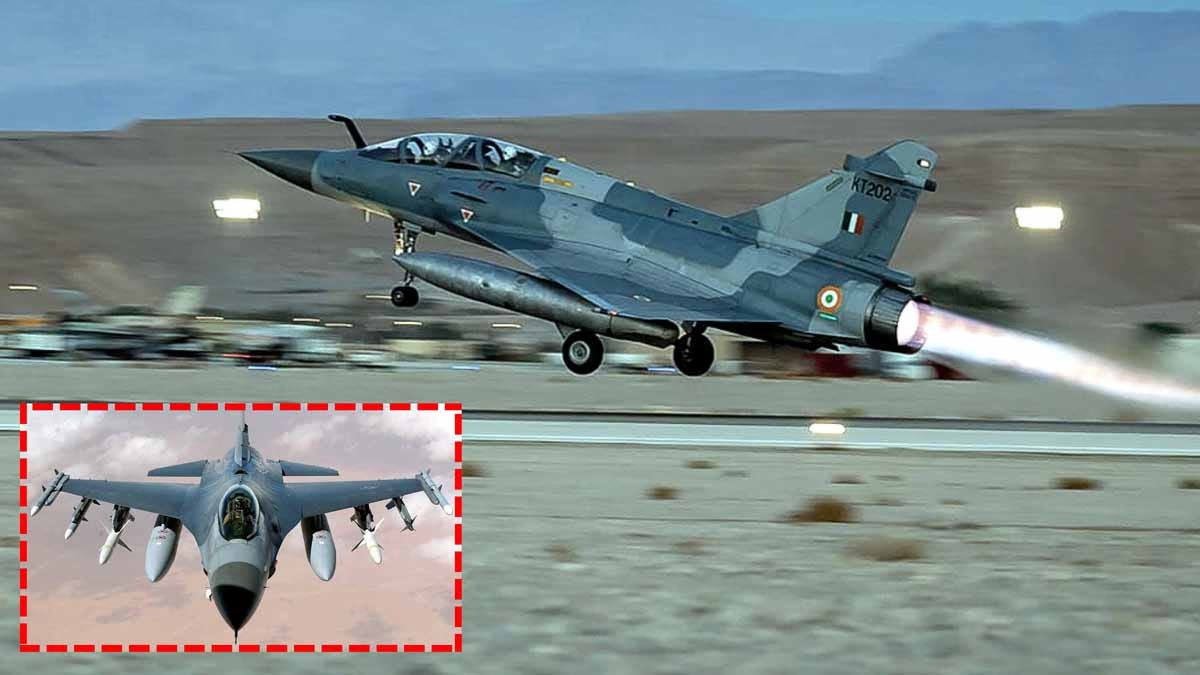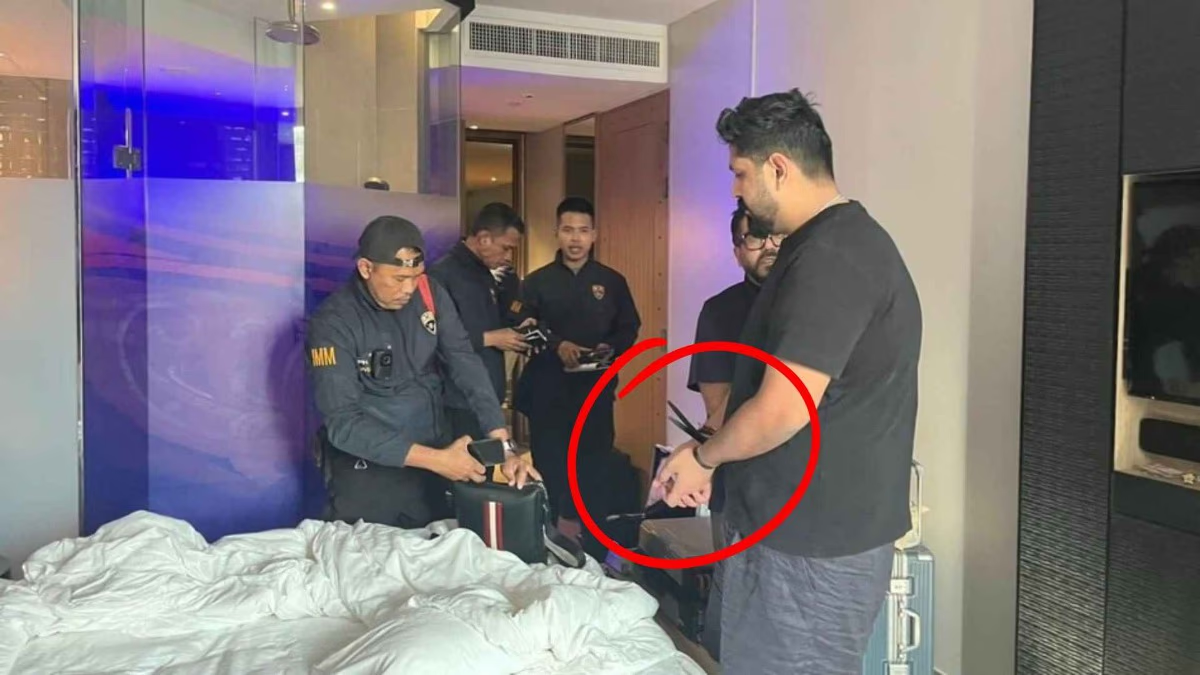South Korean politics experienced a dramatic twist over the past few hours. In a sudden announcement late Tuesday night, the President declared an emergency martial law, which he retracted just six hours later. This sequence of events raises the question of what unfolded during these critical hours, warranting a closer examination.
President Yoon Suk Yeol addressed the nation at 11 PM, announcing emergency martial law, blaming the opposition for attempting to paralyze the government.
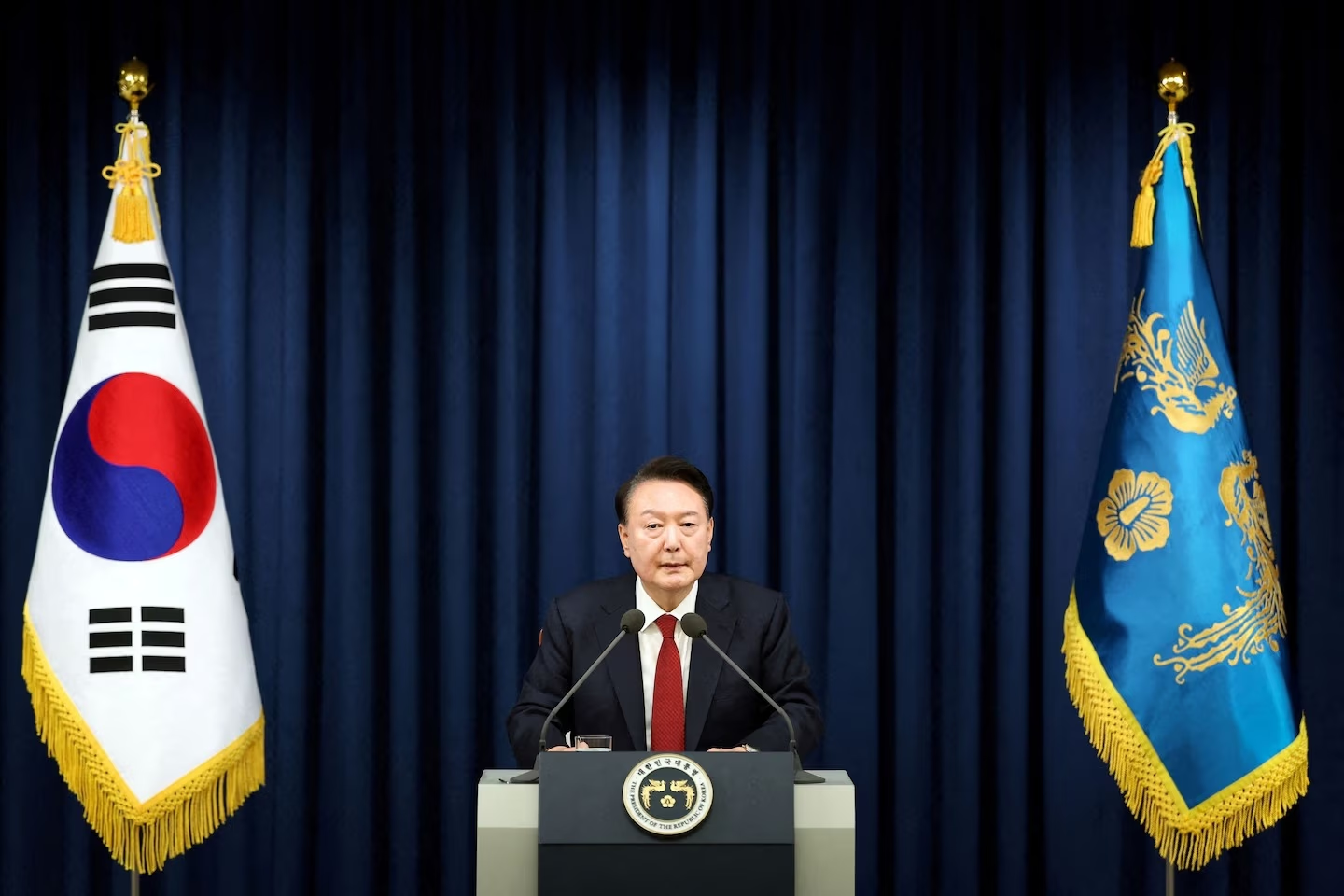
Source: aajtak
The President's Announcement and Public Outcry
Yoon claimed the opposition was engaging in anti-national activities aligned with North Korea's agenda, necessitating martial law to protect South Korea from communist threats and anti-national elements. This measure, he argued, was essential for preserving the country's sovereign and constitutional order.
He appointed General Park An-soo as the martial law commander, who swiftly halted all political activities, rallies, and demonstrations.
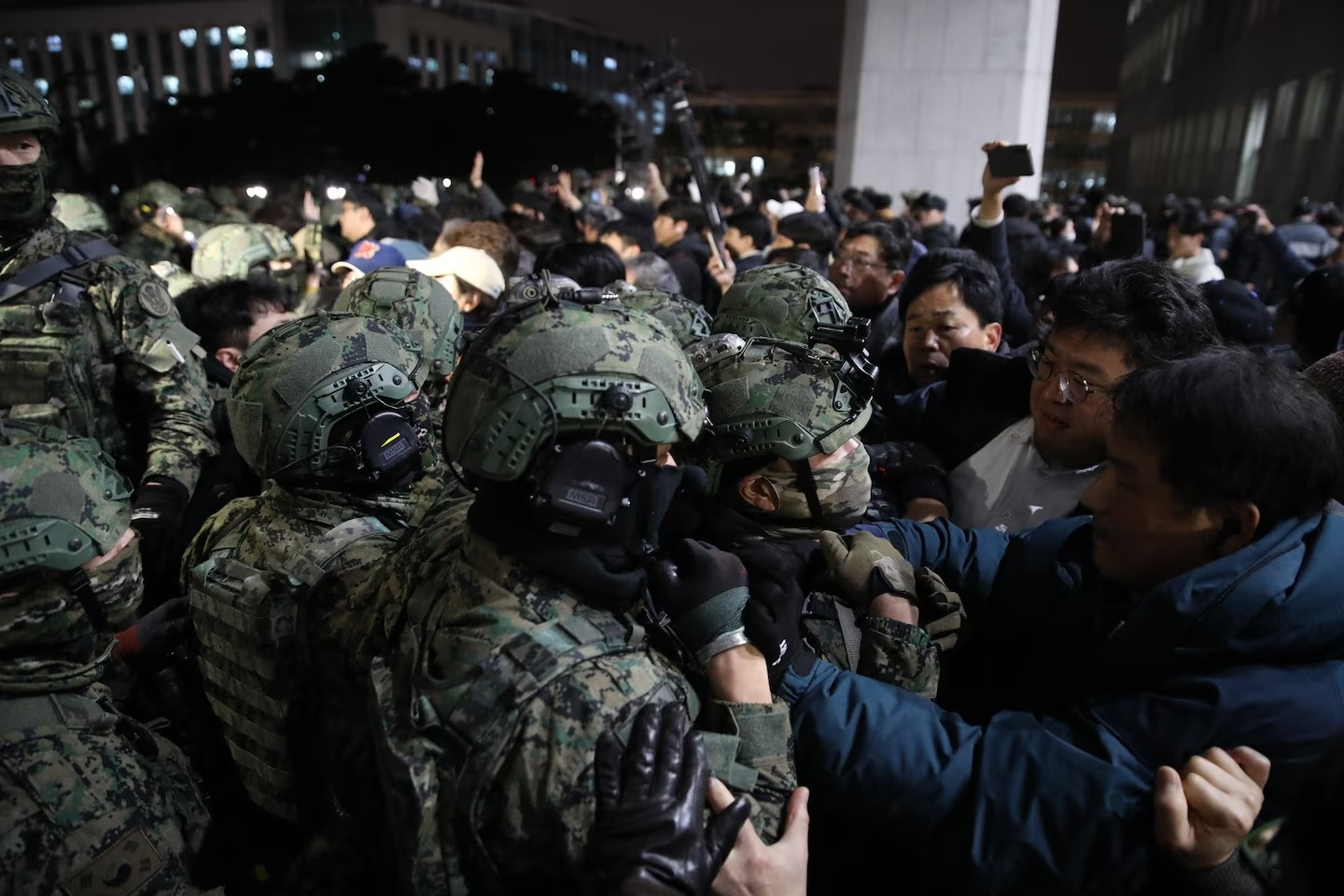
Source: aajtak
The announcement incited widespread fury across the nation, not just from the opposition but also from members within Yoon’s own People’s Power Party. Opposition leaders gathered the public outside the parliament, where chants against martial law and calls to dismantle dictatorship echoed.
As tensions escalated, police surrounded the parliamentary complex, but determined opposition leaders breached barricades to protest, outcrying within and outside the parliament premises. Protestors blocked military vehicles and removed barricades set by the army. Several opposition figures faced arrest.
Opposition Calls for Emergency Meeting
Following Yoon's declaration, the Democratic Party swiftly mobilized its lawmakers. An emergency meeting was convened to discuss the President’s actions and anticipated government restrictions, declaring the martial law unconstitutional.
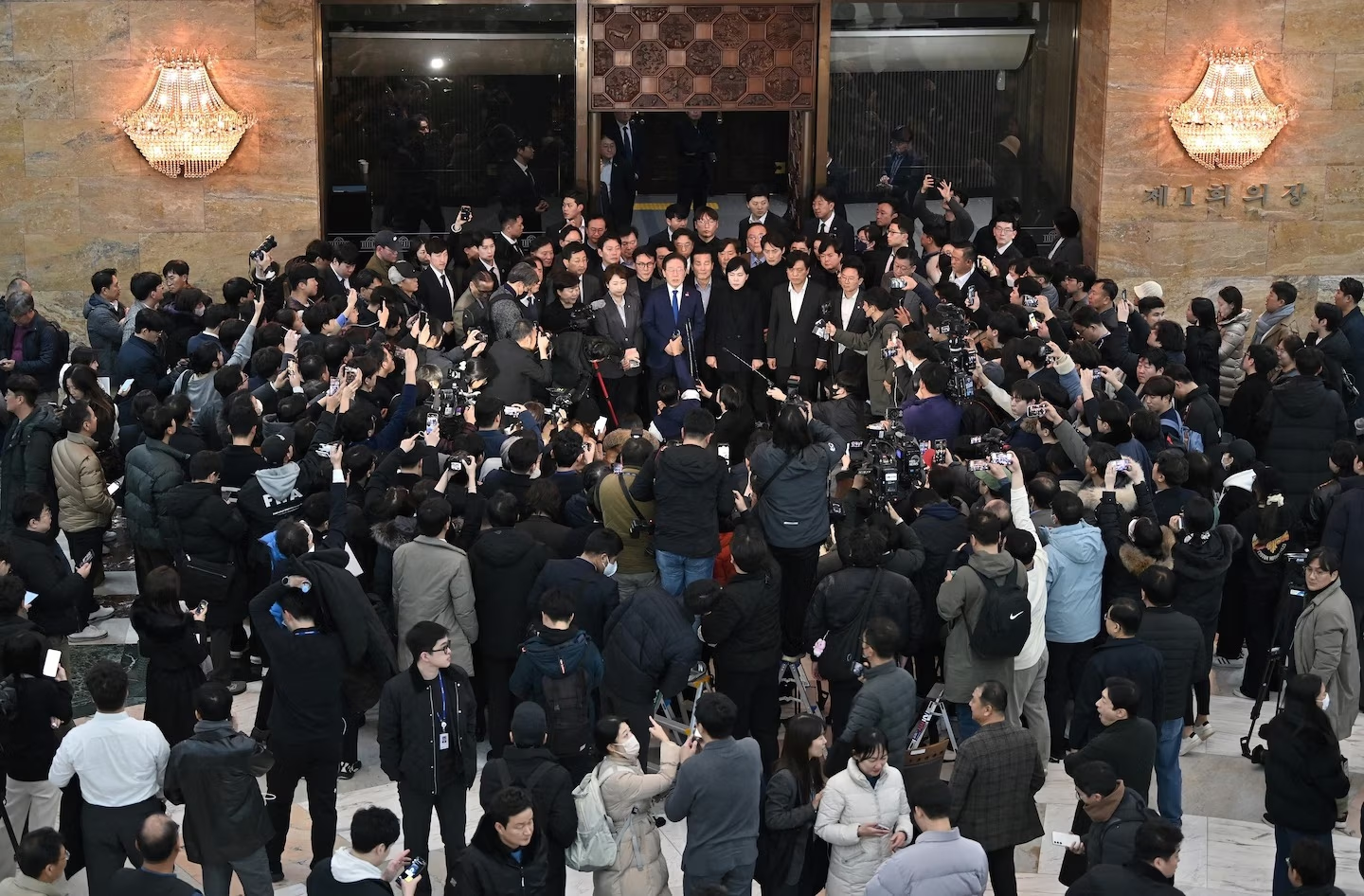
Source: aajtak
Parliament's Voting Against Emergency Martial Law
Post-martial law imposition, lawmakers united at the National Assembly to vote. In the vote, 190 out of 300 members opposed the martial law.
Despite the opposition's parliamentary majority, the President has persistently claimed the opposition attempts incapacitate government functions.
Retraction at 5 AM
Immediately after the National Assembly voted against martial law, President Yoon revoked the decision, bound by constitutional adherence to parliamentary decisions.
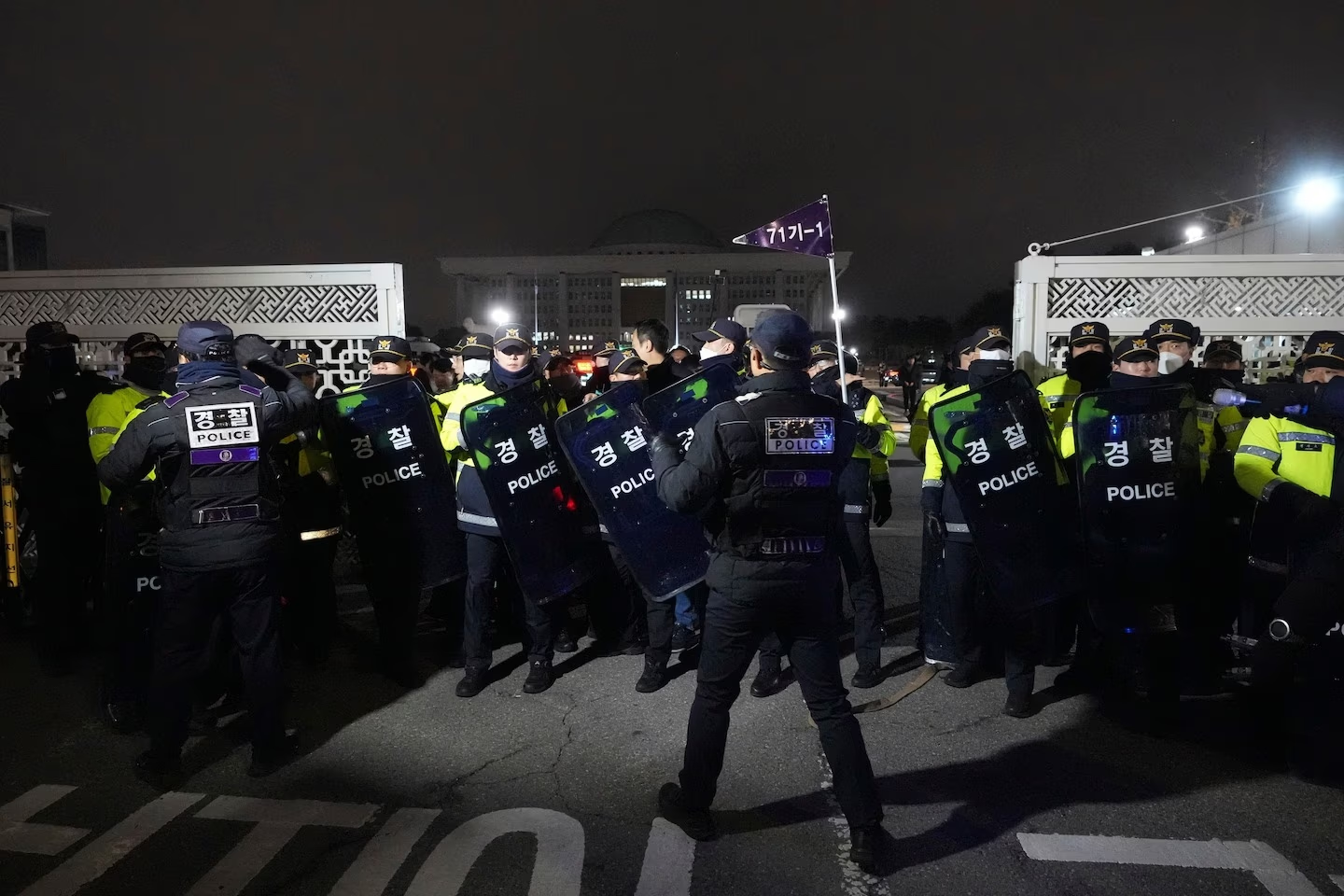
Source: aajtak
He ordered the military to withdraw from the streets, cautioning the political risk this retraction could pose to his already low popularity amid growing national dissent.
Historically, martial law was last enforced in the 1980s during military suppression of pro-democracy protests, resulting in over 200 fatalities.
